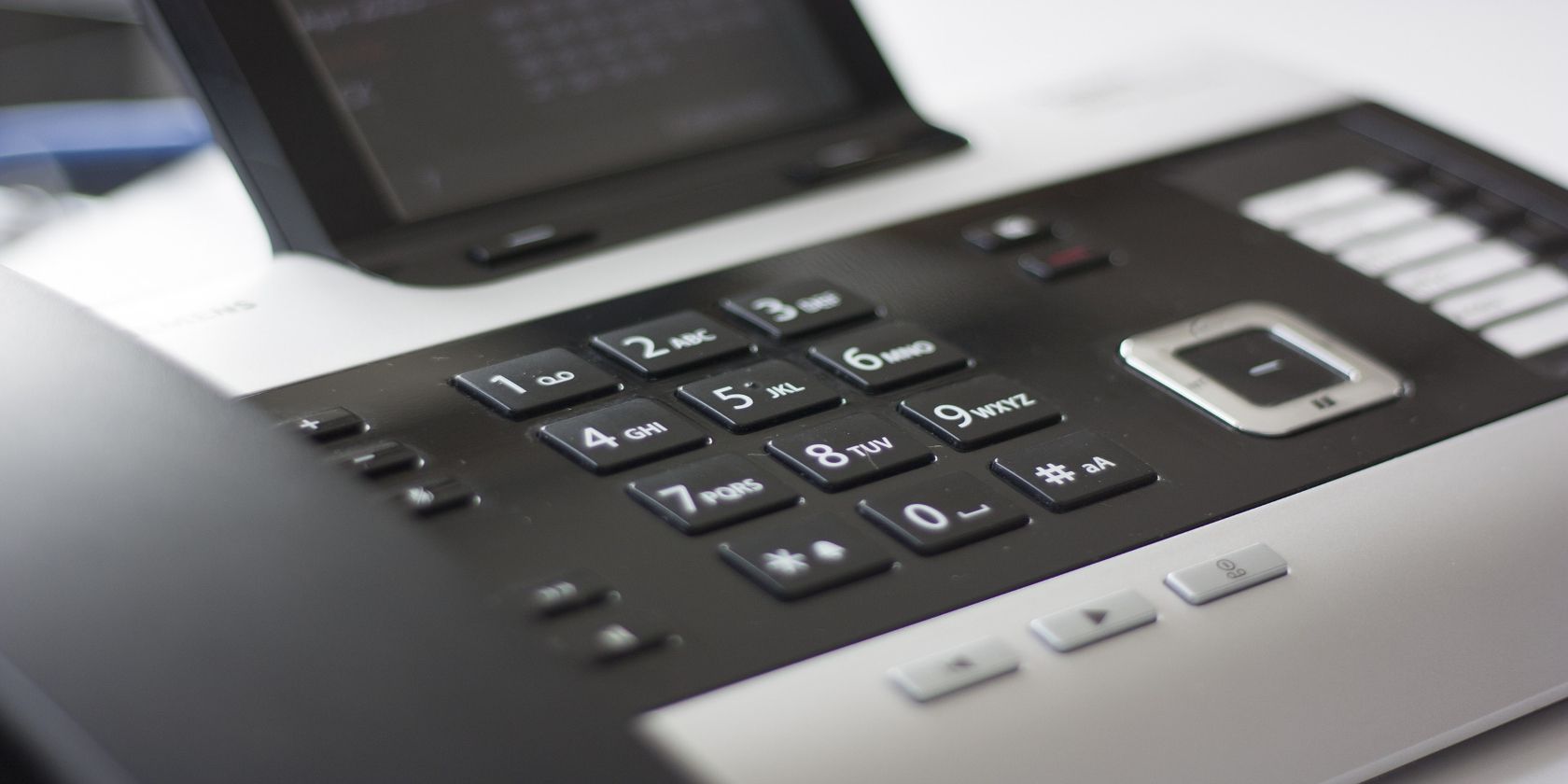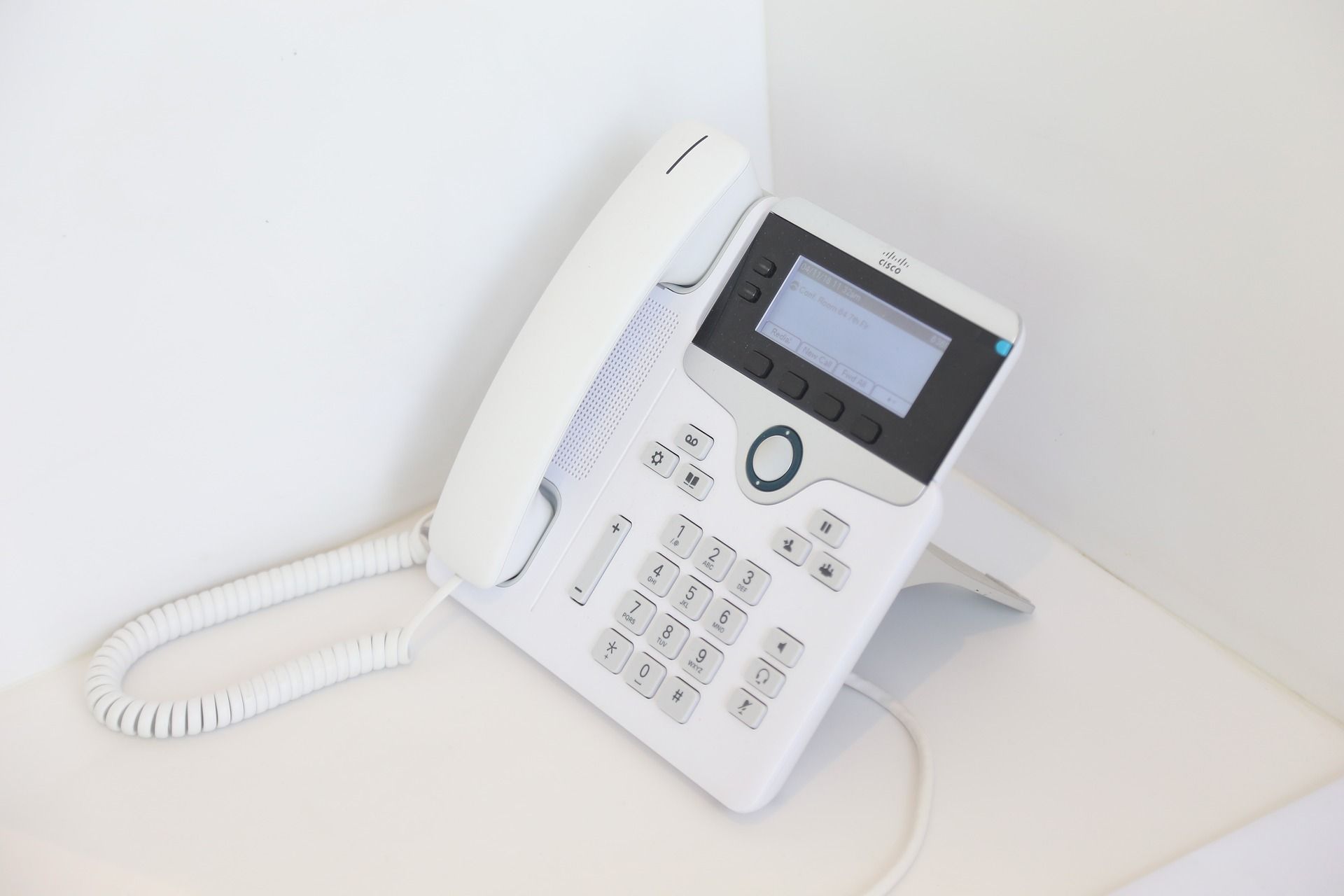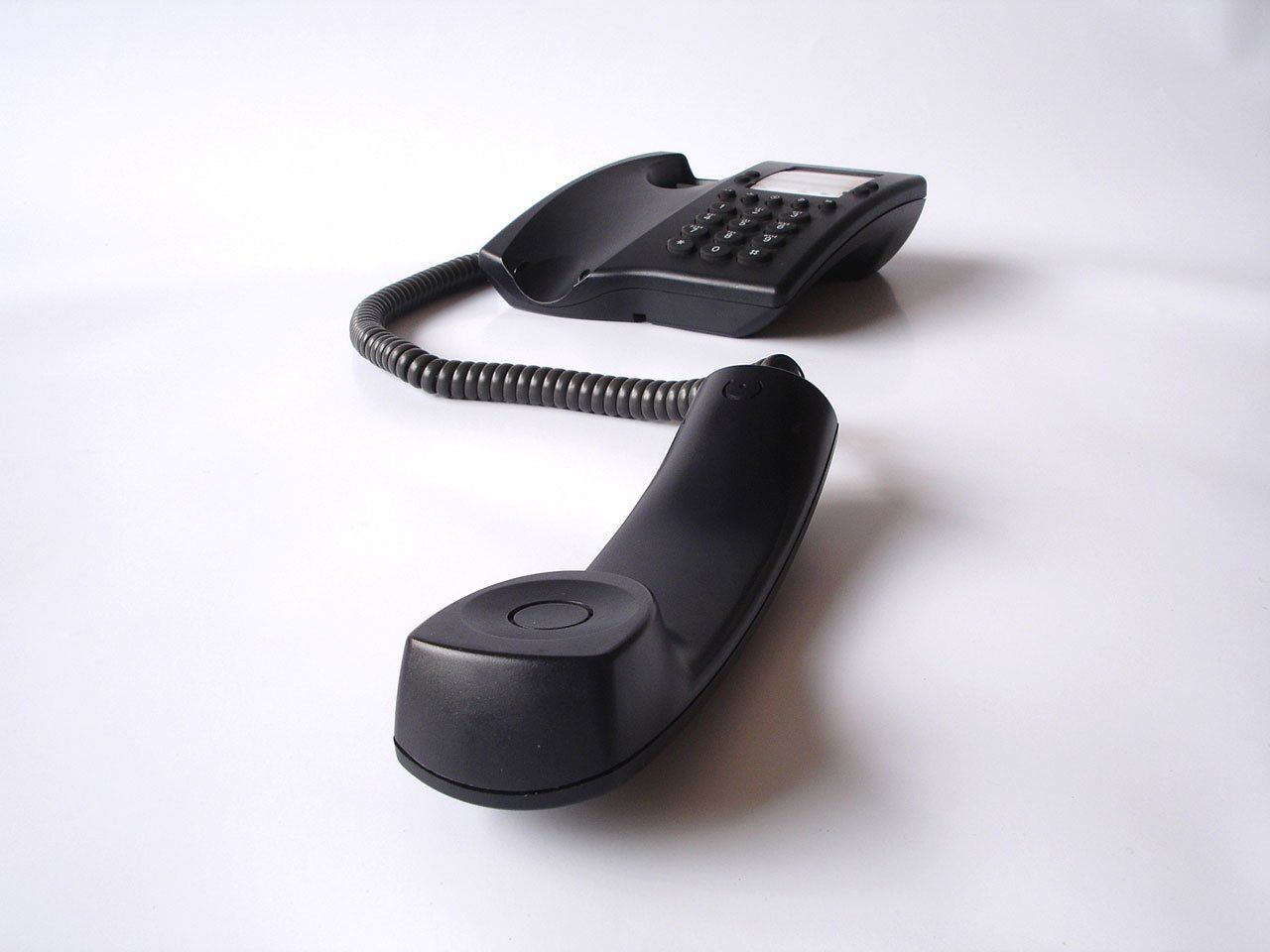Even though there are about a thousand means of communication via the web, people still make and receive good old-fashioned phone calls. And for good reason—it's convenient.
But there's another way of communicating with a phone number: using a VoIP service. Let's take a look at what a VoIP service is, what makes it different from a traditional phone number, and how it could benefit you.
What Is a VoIP Number?
VoIP stands for Voice over Internet Protocol. Having a VoIP number is just like a traditional phone number that you dial; the only differnce is that the signal is being pushed through the internet instead of the phone carrier.
VoIP is a relatively new concept. During the 1990s, the world was introduced to the VocalTec Internet Phone. This service allowed people to use the internet to make and receive calls over the internet. The receiving end would need to be running on the same software, which limited the number of people who could use this service.
According to GetVoIP.com, a computer would have needed some good specs to run Internet Phone back then. It needed a 486 processor, eight megabytes of RAM, and a 16-bit soundcard. This further limited the amount of people who could utilize it. Though this was true, internet calling began to take off and evolve.
VoIP vs Landlines: What's Different?
Even though VoIP services and traditional landlines seem identical, there are some significant differences between the two technologies. Below is a comparison of them both.
Convenience
The main differences between VoIP and landlines involve convenience. If you have a VoIP phone, you will be able to make multiple phone calls at once. With landlines, you can only make one call at a time.
VoIP services aren't confined to one device. With a landline, the user can only make and receive calls on that phone system. With a VoIP service, you can use any device as long as it's connected to the internet. This means that you can use your smartphone, tablet, or computer.
Cost
When it comes to cost, VoIP services are generally less expensive. A landline requires a lot of equipment to be installed to establish the connection, while VoIP uses a pre-existing network. The cost of the equipment trickles down to the customer.
As mentioned before, a VoIP phone can make and receive multiple calls at a time. In order to make multiple calls at the same time with a landline, you will need a private brand exchange (PBX). Getting one often costs significant money.
What to Know Before Getting a VoIP Number
There's a lot of important information to know before switching to a VoIP service. One of the most important decisions is picking the VoIP service provider. The company that you choose will dictate everything from the prices that you pay to the network reliability. Look for factors like availability, price, and features.
It's also important to watch out for scams. Make sure that your provider is trustworthy, because choosing the wrong vendor can cost you a lot of money.
One example of a popular VoIP scam is called false answer supervision (FAS) service. It's typical for some companies to charge based on how much airtime you use. An FAS service will simulate calls to numbers that are out of the coverage area. These calls use up airtime, putting a higher charge on your monthly bill.
Be sure to do research on other common scams and if something feels wrong, don't do it.
Is It Time for You to Get a VoIP Number?
Right now, numerous businesses are being run with VoIP phones. While landlines have been a useful tool in the past, VoIP services can offer the same features for less money and more flexibility.
If you're looking for a business phone, or just a cheaper and more convenient house phone, then VoIP might be the way to go.



